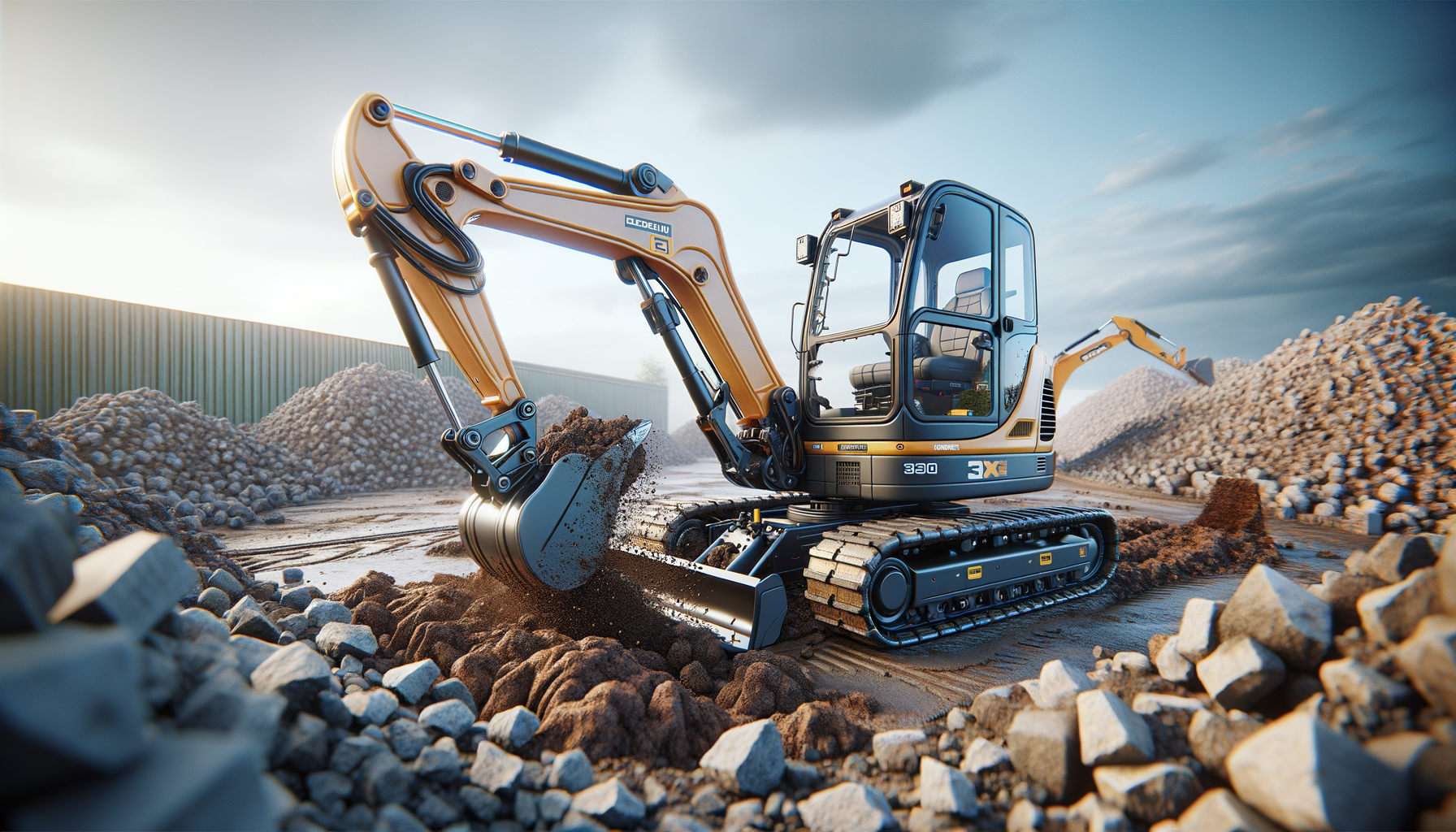Introduction to Mini Excavators
In the world of construction and landscaping, mini excavators have emerged as a game-changer. These compact machines are known for their affordability, versatility, and ability to work in tight spaces. Unlike their larger counterparts, mini excavators offer a budget-friendly solution while maintaining efficiency and power. They are especially valuable for small to medium-sized projects where maneuverability and cost-effectiveness are paramount. This article will delve into the various aspects of mini excavators, exploring their types, uses, and benefits.
Types and Sizes of Mini Excavators
Mini excavators come in various sizes, each suited for different tasks. The light (sub-2-ton) models are perfect for landscaping projects, allowing operators to navigate small gardens or backyards with ease. These are ideal for tasks such as digging small trenches or planting trees. On the other hand, mid-size excavators, ranging from 3 to 4.5 tons, are commonly used for digging trenches or small foundation work. They offer a balance between power and size, making them versatile tools for various applications.
For more demanding tasks, heavy mini excavators, weighing between 5 to 6 tons, are often employed for farm demolition or larger construction projects. Their increased power and reach allow them to handle tougher jobs without compromising on agility. Choosing the right size depends on the specific requirements of the project, including the space available and the nature of the work to be done.
Versatility and Applications
The versatility of mini excavators is one of their most appealing features. They can be equipped with a variety of attachments, such as augers, breakers, and grapples, which expand their functionality. This adaptability makes them suitable for a wide range of applications, from landscaping and agriculture to construction and demolition.
In landscaping, mini excavators are used for tasks like digging ponds, removing stumps, and grading land. In agriculture, they can assist in tasks such as trenching for irrigation or preparing land for planting. In construction, their ability to work in confined spaces is invaluable for urban projects where larger equipment cannot operate efficiently.
Benefits of Using Mini Excavators
One of the primary benefits of mini excavators is their cost-effectiveness. They consume less fuel compared to larger machines, reducing operational costs significantly. Additionally, their compact size means they require less space for operation and storage, making them ideal for projects with limited space.
Furthermore, mini excavators are known for their ease of use. Their intuitive controls and smaller size make them accessible to operators with varying levels of experience. This ease of operation reduces the learning curve, allowing projects to commence more quickly and efficiently.
Another advantage is their reduced environmental impact. With lower emissions and noise levels, mini excavators are more environmentally friendly, which is increasingly important in today’s construction industry.
Conclusion: Finding the Right Fit
In conclusion, mini excavators are a valuable asset in various industries, providing a cost-effective and versatile solution for numerous tasks. Whether you are involved in landscaping, agriculture, or construction, there is a mini excavator that fits your needs. By understanding the different types and their applications, you can make an informed decision that maximizes efficiency while minimizing costs. As the demand for sustainable and efficient machinery grows, mini excavators continue to be a smart investment for professionals seeking to enhance their operational capabilities without breaking the bank.




Leave a Reply